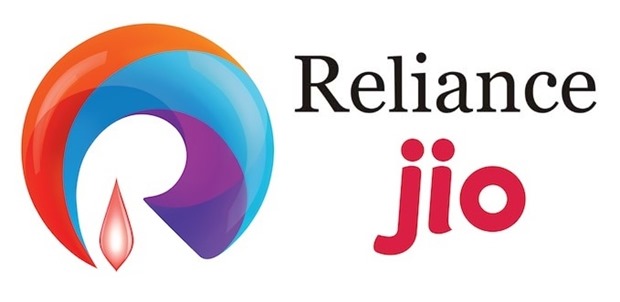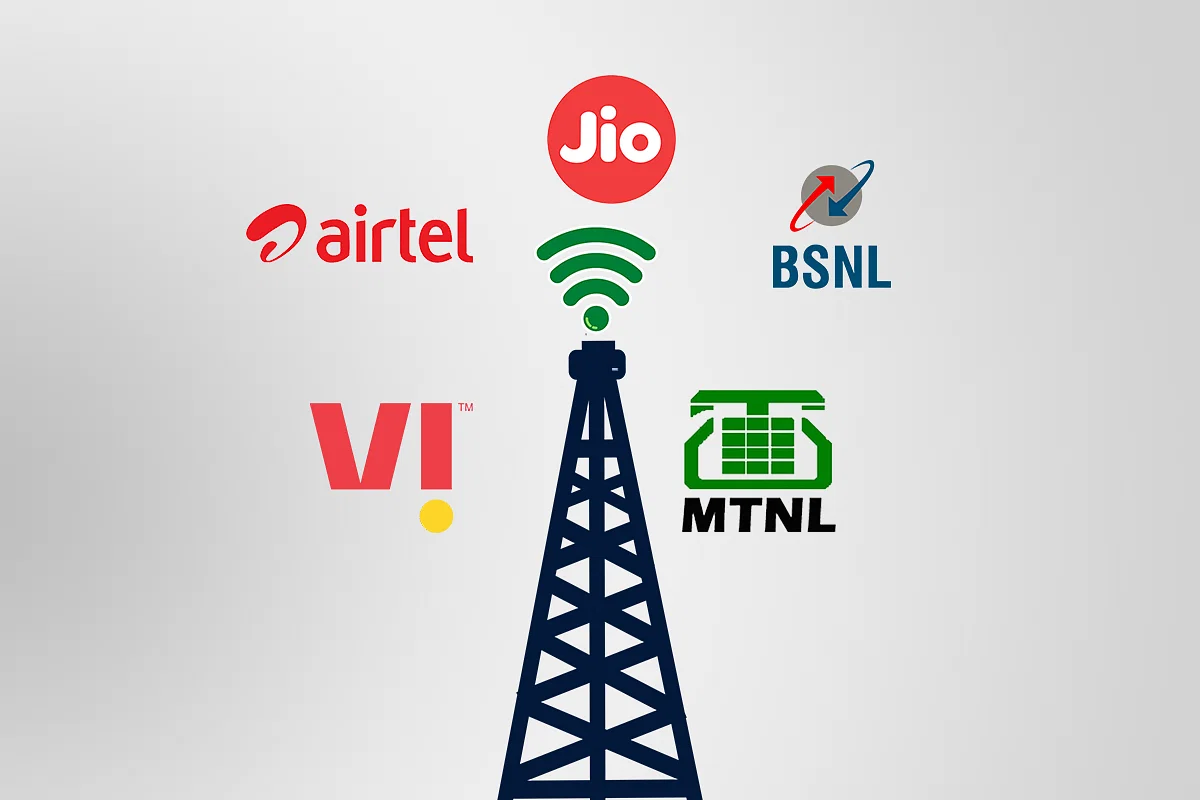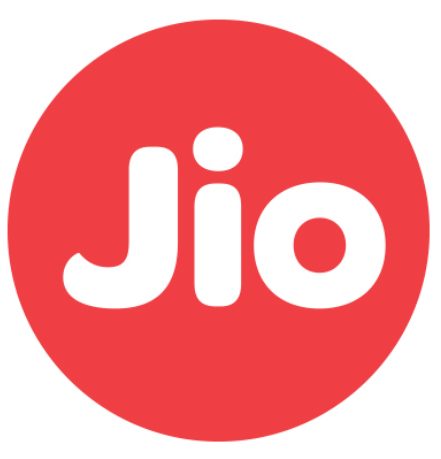Over 750 calls failing per 1,000 as against Quality Of Service requirement that less than 5 calls should fail per 1,000
Reliance Jio Infocomm Limited (“RJIL”) has been intimated by Idea  Cellular Limited (“Idea”) regarding Idea’s decision to provide additional POIs in the next few days. The response by Idea to the severe Quality of Service issues faced between the Idea and Jio networks is disappointing and displays lack of intent on Idea’s part to resolve this critical issue.
Cellular Limited (“Idea”) regarding Idea’s decision to provide additional POIs in the next few days. The response by Idea to the severe Quality of Service issues faced between the Idea and Jio networks is disappointing and displays lack of intent on Idea’s part to resolve this critical issue.
Adequate interconnection capacity so that call failure rate is less than 5 per 1,000 is a license obligation of all telecom operators. As against this, over 750 calls per 1,000 are failing per day between Idea and Jio networks, which translates to 4 crore calls failing per day. Over 12 crore calls fail daily between Jio and the networks of Airtel, Vodafone and Idea. This is a breach of license conditions by the incumbent operators and severely impacts customer interests. This is against zero call failures on the Jio network.
Only 50 new E1s have been operationalised by Idea in the last 10 days as a result of which call failure rate has been increasing drastically.
As against certain media statements, the proposed augmentation by Idea increases capacity by only 34%, which is grossly inadequate:
Even the proposed augmented capacity is less than 40% of the initial firm demand placed by RJIL based on transparent workings shared with Idea several months ago. RJIL fails to understand how the QoS parameters would be met with the proposed augmentation by Idea.
Furthermore, the manner of release of new capacity by Idea and the other incumbent operators is very disillusioning insofar as it is being reflected as a favour to Jio. All operators are obligated as per license conditions to provide interconnection such that Quality of Service parameters are met. It is a license obligation and an obligation towards the Indian customers. No favours are being made towards Jio by any of the operators.
RJIL has been repeatedly raising the issue of insufficient POIs as anti-competitive aimed at hindering the entry of a new operator and expects strict and urgent action on the matter.






